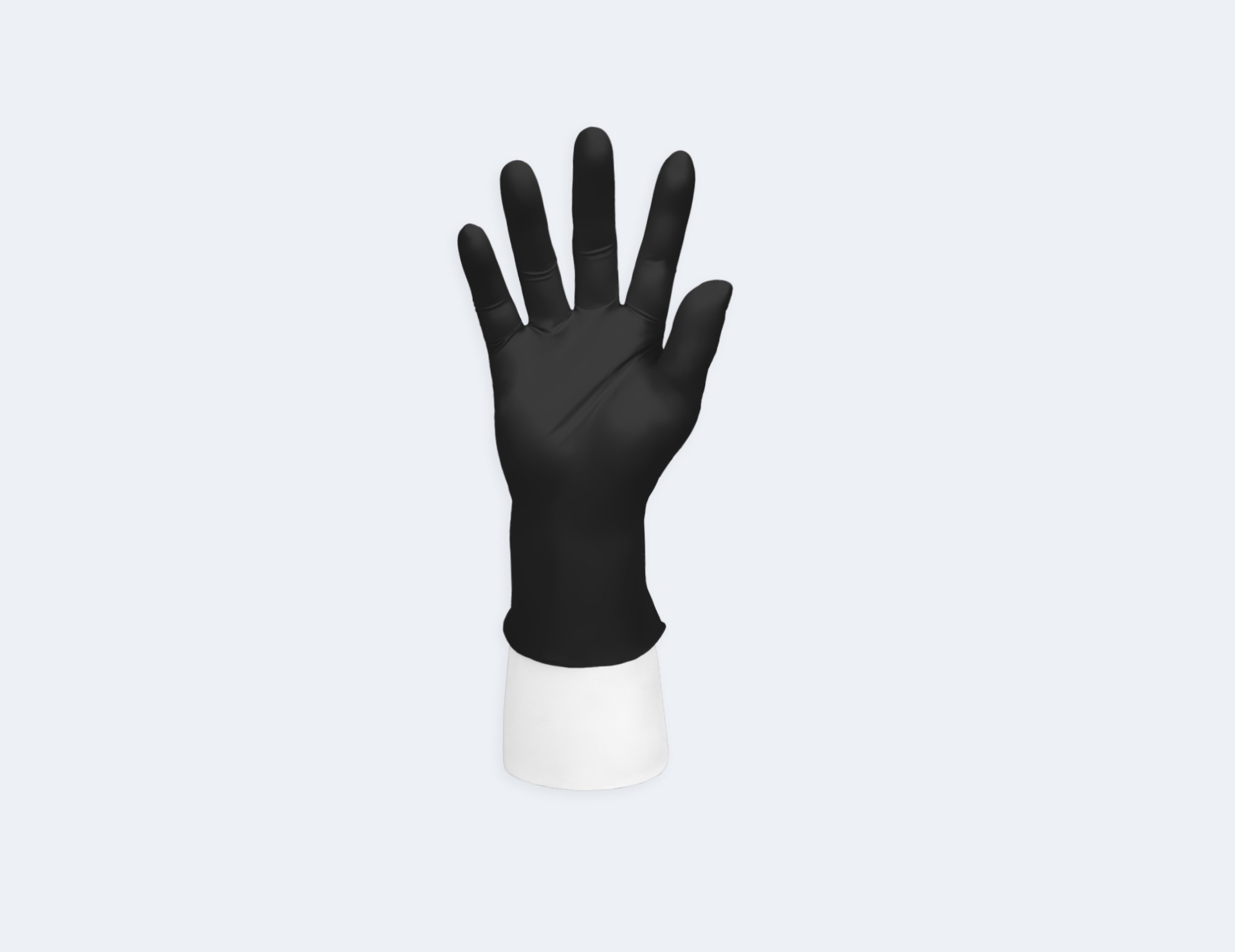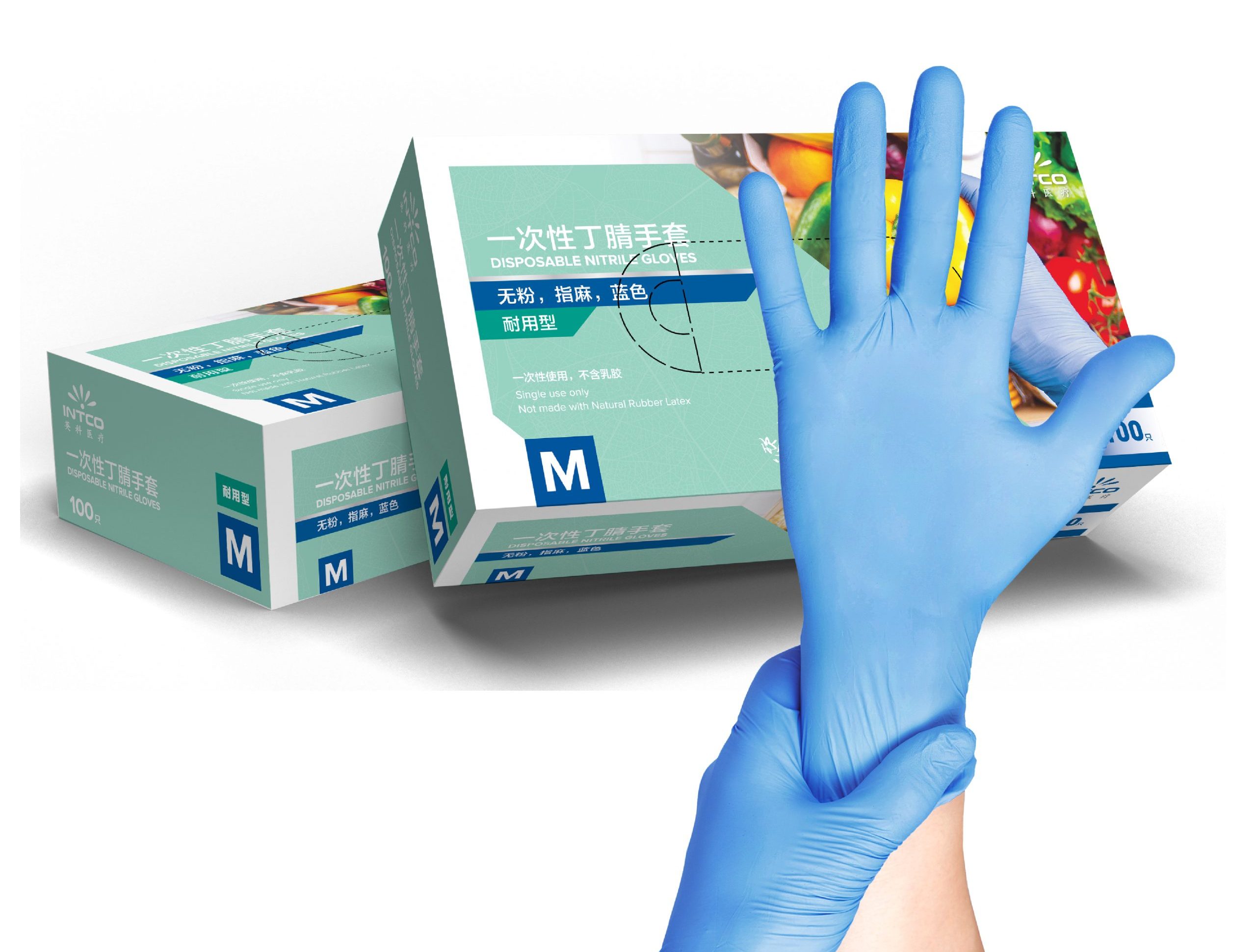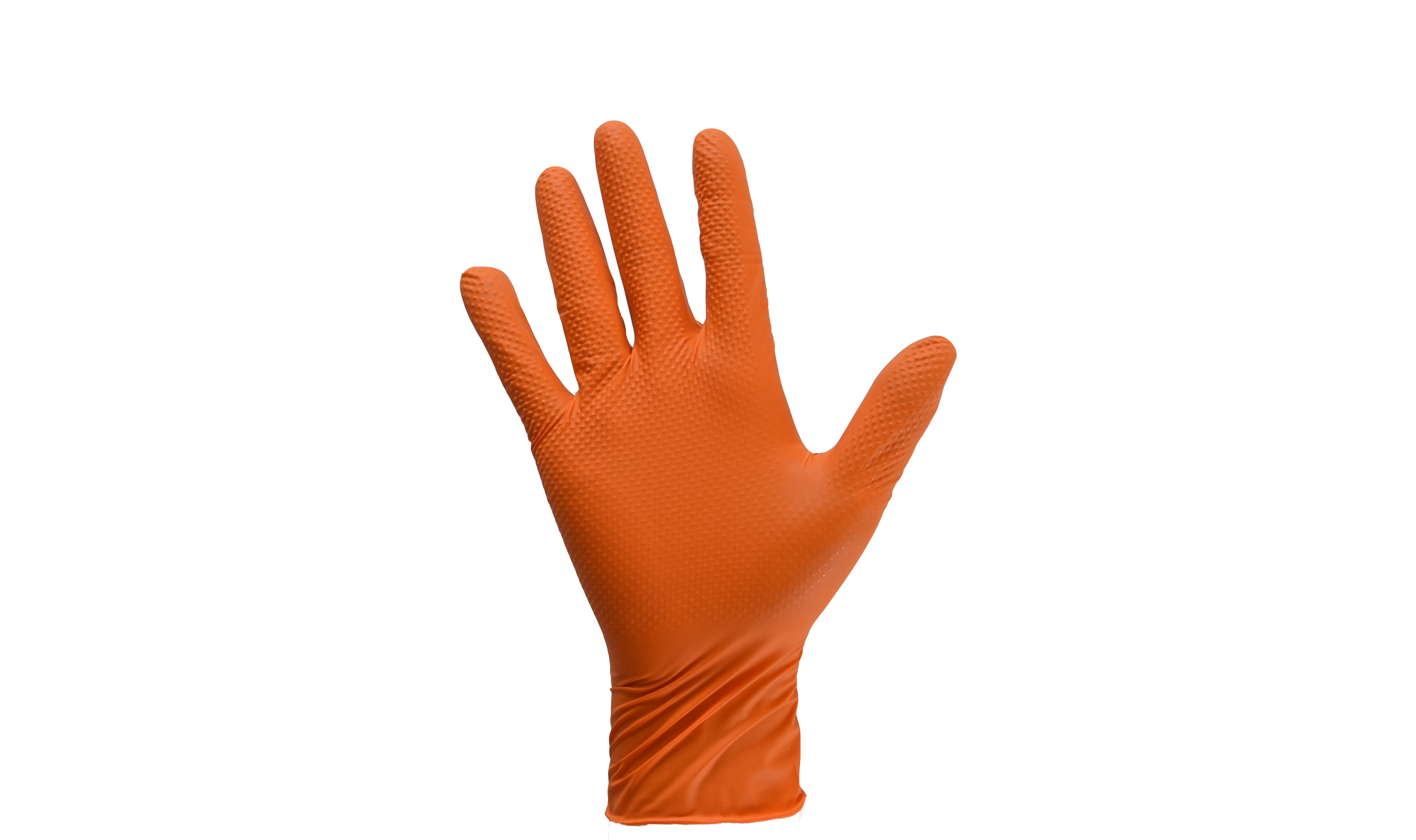Comprehensive Guide to Medical Consumables Disposable Gloves in Practice
The healthcare industry is intrinsically linked to the effective use of medical consumables, vital for ensuring patient safety and enhancing care quality. Among these consumables, disposable gloves play a crucial role. This comprehensive guide will explore the importance of medical consumables with a focus on disposable gloves, discussing their types, proper usage, and the key factors to consider when choosing the right gloves for medical practices.
Focus on Disposable Gloves: An Essential Medical Consumable
Types of Disposable Gloves
Latex Gloves
Latex gloves are made from natural rubber latex, offering an excellent barrier against pathogens alongside tactile sensitivity. They are commonly used in various medical procedures; however, some individuals exhibit latex allergies, prompting caution in their use. Healthcare facilities must be aware of these sensitivities and prepare accordingly to accommodate both staff and patients.
Nitrile Gloves
Nitrile gloves are synthetic and latex-free, making them a suitable alternative for individuals with latex allergies. They are recognized for their durability and resistance to punctures, chemicals, and solvents. Their versatility makes nitrile gloves ideal for various medical practices, including those involving exposure to potentially hazardous substances.

Vinyl Gloves
Vinyl gloves are made from synthetic materials and provide a cost-effective solution for procedures with minimal risk of exposure to contaminants. Although they lack the same level of durability and barrier protection as latex and nitrile gloves, they are suitable for low-risk tasks such as routine examinations and non-invasive procedures.
PE Gloves
PE gloves are disposable, lightweight, and made from polyethylene, ideal for food handling, cleaning, and general use. They provide a loose fit for easy on-and-off and ensure hygiene and protection in everyday tasks.
The Choice of Disposable Gloves in Different Application Scene
The selection of disposable gloves should align with the specific task at hand. Latex gloves are often preferred for high-risk situations requiring maximum protection, while nitrile gloves serve well in environments where chemical exposure is a concern. Vinyl gloves, on the other hand, are appropriate for situations that do not involve exposure to bodily fluids. Understanding when to use each type of glove is crucial for maintaining safety and ensuring effective infection control measures.
Key Factors for Selecting Disposable Gloves
Material Safety and Allergen Info
When choosing disposable gloves, it is crucial to consider the material safety and potential allergens. Many healthcare providers and patients may have allergies to latex, requiring a latex-free option like nitrile or vinyl. Evaluating glove packaging for allergen information is essential to ensure the safety of both the provider and the patient during medical procedures.
Fit and Comfort for Prolonged Use
The fit and comfort of disposable gloves greatly influence their effectiveness, particularly during long procedures. Gloves that fit too tightly can restrict movement and cause discomfort, while those that are too loose may compromise dexterity and protection. Selecting gloves that provide a good balance of comfort and fit ensures that healthcare professionals can perform their duties efficiently while minimizing fatigue.
Durability and Resistance to Punctures and Tears
When selecting disposable gloves, durability is a critical factor to consider. Gloves that easily puncture or tear can lead to contamination and expose healthcare workers to harmful pathogens. Nitrile gloves generally offer superior puncture resistance compared to latex and vinyl, ensuring a higher level of safety, particularly in high-stakes environments.

Regulatory Standards and Compliance
Global Standards Governing Medical Consumables
Medical consumables, including disposable gloves, are subject to several regulatory standards worldwide. These standards are established to ensure that medical consumables meet safety, quality, and performance requirements. Organizations like the World Health Organization (WHO) and the International Organization for Standardization (ISO) set benchmarks that manufacturers must adhere to when producing medical consumables. These standards often include guidelines for materials used, production processes, labeling, and testing protocols. Compliance with global standards not only enhances product safety but also fosters universal trust in healthcare practices.
Specific Regulations for Disposable Gloves
Disposable gloves must comply with specific regulatory requirements to confirm their safe and effective use in medical settings. Various organizations, depending on the region, oversee these regulations to ensure that the gloves provide adequate protection for both healthcare workers and patients.
FDA (Food and Drug Administration)
In the United States, the FDA regulates medical gloves under the category of medical devices. The agency requires manufacturers to obtain clearance through the 510(k) premarket notification process before the gloves can be marketed. This process necessitates a demonstration that the gloves are substantially equivalent to already approved products in terms of safety and effectiveness. Furthermore, the FDA stipulates that manufacturers must conduct comprehensive testing for factors like biocompatibility and bacterial filtration efficiency, ensuring that the gloves fulfill necessary safety standards.
EN (European Norm)
In Europe, disposable gloves must conform to the European Union’s Medical Device Regulations (MDR), which emphasize rigorous safety standards for medical consumables. Compliance with EN 455, a standard specifically for medical gloves, is essential for manufacturers wishing to enter the European market. EN 455 encompasses multiple parts that evaluate parameters such as the gloves’ safety, performance, and sterility. By adhering to these regulations, manufacturers can ensure their products’ acceptance across European healthcare settings, promoting high-quality patient care.
Introducing INTCO: A Leading Manufacturer in Medical Consumables
Company Overview and Mission
INTCO Medical is a high-tech manufacturing company committing to R&D, production and marketing of medical consumables and durable medical equipment with main business covering medical consumables, rehabilitation equipment, physiotherapy care, etc. Established with a commitment to excellence, INTCO focuses on delivering innovative medical solutions that prioritize patient safety and healthcare efficacy. With a robust global presence, the company embraces a mission to enhance healthcare quality through advanced technology and sustainable practices in the production of medical consumables. This innovative spirit makes INTCO a trusted partner for healthcare organizations around the world.
Product Range Focusing on Disposable Gloves
INTCO offers an extensive variety of disposable gloves tailored to both professional medical needs and general personal protection requirements. Their product line includes options such as latex gloves, nitrile gloves, synmax gloves, PE gloves and vinyl gloves, designed to cater to diverse healthcare applications. Each glove type is meticulously produced to meet stringent quality standards, ensuring that healthcare professionals have access to reliable barrier protection.
Highlighted Disposable Gloves from INTCO’s Catalogue
Among INTCO’s notable offerings are the INTCO Nitrile Exam Gloves, which are crafted for optimal durability and puncture resistance. These gloves are ideal for handling hazardous substances in various medical procedures while maintaining high tactile sensitivity. Another highlighted product is the INTCO Sterile Latex Surgical Gloves, offering exceptional barrier protection for surgical applications. Lastly, INTCO’s Vinyl Examination Gloves present a cost-effective choice for low-risk tasks, ensuring that healthcare providers can maintain hygiene standards without compromising safety.
Commitment to Quality and Innovation
INTCO emphasizes its commitment to quality through rigorous testing and adherence to regulatory standards across its entire product range. The company employs advanced manufacturing techniques to enhance glove production processes. Additionally, INTCO actively invests in research and development to foster innovation, yielding updated products that meet evolving healthcare demands. This steadfast dedication to quality and innovation ensures that INTCO remains competitive in the field of medical consumables while effectively addressing the diverse needs of healthcare providers.

Future Trends in Medical Consumables and Disposable Gloves
Advances in Material Science
The evolution of material science plays a critical role in the future of medical consumables and disposable gloves. Innovations in synthetic materials provide opportunities for creating gloves with better barrier protection and enhanced comfort. For instance, advancement in nitrile formulations may lead to gloves that offer increased elasticity while retaining their puncture resistance. Moreover, biocompatible materials are being explored to reduce allergic reactions and improve the usability of disposable gloves in healthcare settings. Innovations in material science will ultimately contribute to the improved performance and safety of medical consumables.
Sustainability and Eco-Friendly Options
As the awareness of environmental issues grows, sustainability is becoming an integral part of the medical consumables industry. The demand for eco-friendly disposable gloves and other consumables is on the rise, resulting in the development of biodegradable and recyclable options. Manufacturers may explore sustainable materials, such as plant-based polymers, to create disposable gloves that reduce environmental impact. By aligning product offerings with sustainability principles, companies can contribute to better environmental practices without sacrificing quality and safety in healthcare.
Impact of Automation on Manufacturing Practices
Automation is set to transform the manufacturing landscape for medical consumables, including disposable gloves. The integration of automated technologies into production lines can enhance efficiency, accuracy, and output quality. By streamlining manufacturing processes, companies can reduce production costs while improving scalability. Moreover, automation allows for consistent quality control, minimizing the chances of defects and ensuring that every glove meets established safety standards. This technological advancement is poised to support the continued evolution and competitiveness of manufacturers in the medical consumables sector.



























